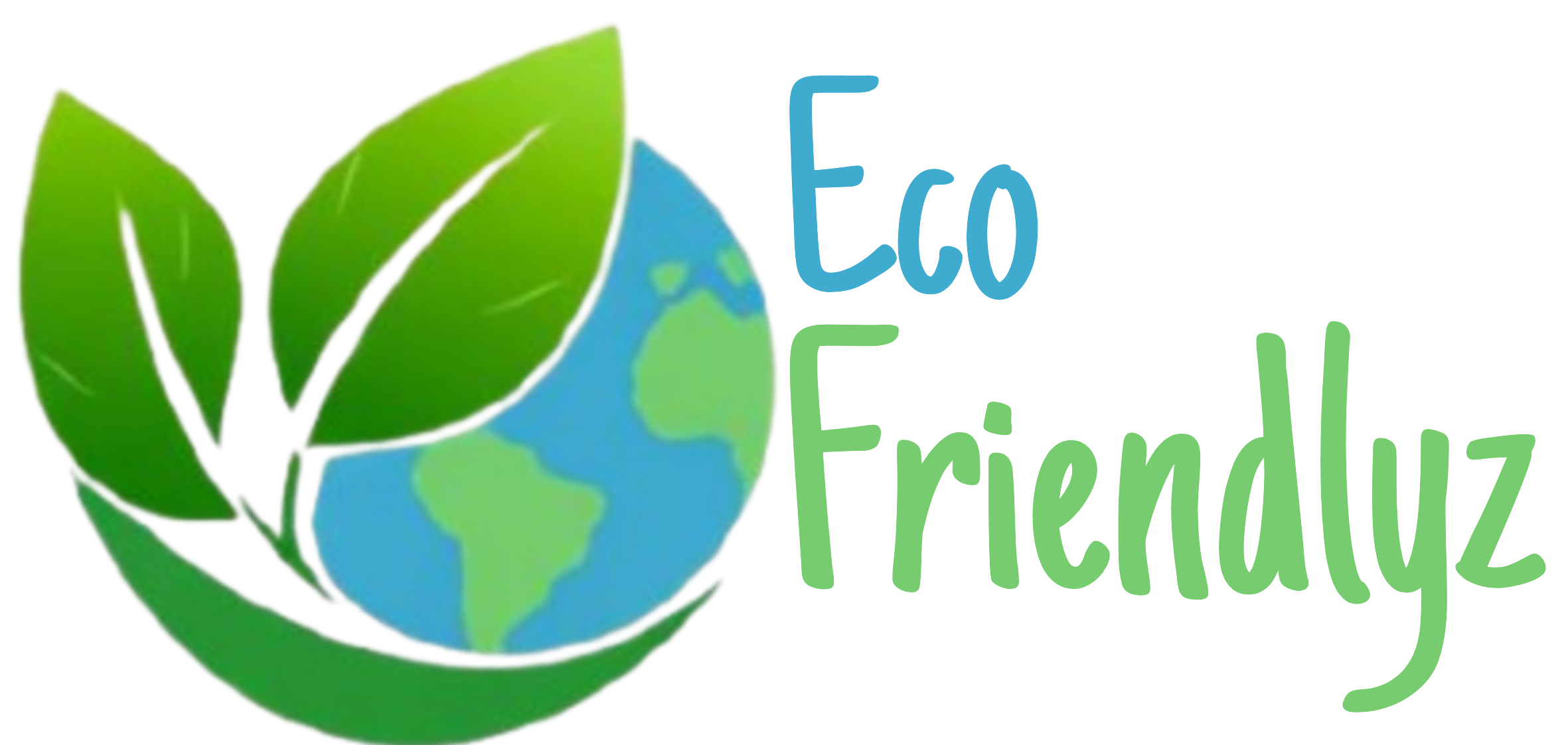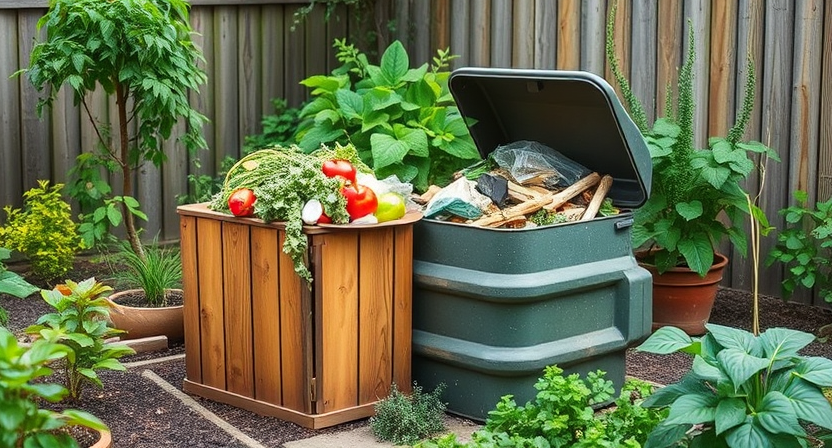Creating a Sustainable Mindset

To cultivate a sustainable mindset is to adopt a way of thinking that prioritizes the well-being of both the planet and its inhabitants. It involves recognizing the interconnectedness of all living things and understanding the impact of our actions on the environment. By embracing a sustainable mindset, individuals can make conscious choices that contribute to a healthier and more balanced world.
Central to creating a sustainable mindset is a shift in perspective towards long-term considerations rather than short-term gains. It requires a willingness to reevaluate our current habits and behaviors, and to actively seek out more eco-friendly alternatives. This mindset encourages individuals to think critically about their consumption patterns, waste production, and overall impact on the environment.
Understanding the Importance of Eco-Friendly Practices
To truly grasp the significance of eco-friendly practices, one must consider the long-lasting impact of our actions on the environment. Our planet is delicately balanced, and each choice we make can either support or harm its well-being. By adopting eco-friendly practices, we are actively working towards preserving the Earth for future generations and ensuring a sustainable future for all.
Furthermore, understanding the importance of eco-friendly practices goes beyond just environmental conservation; it also has various benefits for our own well-being. Embracing eco-friendly habits can lead to improved air quality, reduced waste production, and a healthier lifestyle overall. By prioritizing sustainable choices, we not only contribute to the greater good but also enhance our own quality of life.
Assessing Your Current Habits
Assessing your current habits is a crucial step towards adopting a more sustainable lifestyle. Take a moment to reflect on your daily routines and behaviors to identify areas where you can make changes to reduce your environmental impact. Consider aspects such as energy and water usage, waste generation, transportation choices, and consumption patterns.
Be honest with yourself about areas where you may be falling short in terms of eco-friendliness. Do you consistently forget to turn off lights when leaving a room? Do you rely heavily on single-use plastics in your daily life? By acknowledging these habits, you can start to develop a more conscious mindset towards sustainability and begin making positive changes for the planet.
Setting Realistic Goals for Eco-Living
When it comes to setting realistic goals for eco-living, it is important to start small and gradually build upon your efforts. Begin by identifying areas in your daily routine where you can make sustainable changes, such as reducing plastic usage or conserving water and energy. Setting specific, achievable goals will help you stay motivated and track your progress effectively.
Consider creating a list of eco-friendly actions you wish to implement and prioritize them based on feasibility and impact. By focusing on one goal at a time, you can better integrate sustainable practices into your lifestyle. Remember that every small step towards eco-living counts, and with commitment and dedication, you can make a significant difference in reducing your environmental footprint.
Researching Sustainable Alternatives
When it comes to transitioning towards a more sustainable lifestyle, one of the crucial steps is researching sustainable alternatives to traditional products and practices. This involves looking into eco-friendly options for everyday items such as personal care products, cleaning supplies, and clothing. By exploring the market for sustainable alternatives, you can make informed choices that align with your values and goals for reducing your environmental impact.
Researching sustainable alternatives also extends to larger purchasing decisions, such as furniture, electronics, and home appliances. Being mindful of the materials used, production processes, and overall environmental footprint of these items can help you make choices that support a more sustainable future. Additionally, seeking out brands and companies that prioritize sustainability in their products can have a positive ripple effect by encouraging more businesses to adopt eco-friendly practices.
• When researching sustainable alternatives, consider the following factors:
– Materials used in production
– Production processes
– Environmental footprint
• Look for brands and companies that prioritize sustainability in their products
• Making informed choices can support a more sustainable future
Making Small Changes for Big Impact

Making small changes in your daily routine can have a significant impact on the environment. Simple actions such as switching to reusable water bottles, using tote bags for shopping, and opting for eco-friendly cleaning products can collectively reduce waste and promote sustainability. These small adjustments may seem insignificant on their own, but when practiced consistently, they add up to make a big difference in reducing your carbon footprint and ecological impact.
Incorporating energy-saving habits into your lifestyle is another effective way to make a substantial impact on the environment. Turning off lights when not in use, unplugging electronics, and adjusting your thermostat to conserve energy are small changes that can lead to noticeable reductions in your household’s energy consumption. By being mindful of your daily habits and making small, eco-conscious choices, you can contribute to a healthier planet and inspire others to follow suit.
Incorporating Green Products into Your Daily Routine
When it comes to incorporating green products into your daily routine, it’s all about making conscious choices that align with your commitment to sustainability. From switching to eco-friendly cleaning supplies to opting for biodegradable personal care products, there are numerous ways to make a positive impact on the environment through your everyday purchases. By actively seeking out green alternatives for items you use regularly, you are not only reducing your carbon footprint but also supporting companies that prioritize environmental responsibility.
In addition to making swaps in your household products, consider integrating sustainable options into other aspects of your routine as well. This can include choosing reusable alternatives like stainless steel water bottles or silicone food storage bags, or selecting clothing made from organic and ethically sourced materials. By gradually transitioning to using more eco-conscious products in various areas of your life, you are taking tangible steps towards living a more environmentally friendly lifestyle.
Reducing Waste in Your Household
Reducing waste in your household is a crucial step towards living a more sustainable lifestyle. One simple way to start is by being mindful of your consumption habits and avoiding unnecessary packaging. Opting for products with minimal or recyclable packaging can significantly reduce the amount of waste produced in your home. Additionally, consider buying in bulk or choosing products with refillable options to minimize the use of single-use items.
Another effective way to reduce waste in your household is by implementing a composting system. Food scraps and organic waste can be composted to create nutrient-rich soil for your garden or plants. This not only reduces the amount of waste going to landfills but also promotes a more circular and eco-friendly approach to managing organic materials in your household. By composting, you can turn what would have been waste into a valuable resource for your home and garden.
Conserving Energy and Water Usage
Conserving energy and water usage in your daily routine is crucial for reducing your environmental impact. Turning off lights when not in use, unplugging devices that are not being used, and opting for energy-efficient appliances can all help lower your energy consumption. Additionally, taking shorter showers, fixing any leaks in faucets or pipes, and using a dishwasher only when it’s full are simple yet effective ways to conserve water.
Being mindful of your energy and water usage not only benefits the environment but also helps save money on utility bills. Small changes in your habits, such as adjusting the thermostat when you’re not at home or using natural light during the day instead of artificial lighting, can make a significant difference in your overall energy consumption. Similarly, implementing water-saving practices like installing low-flow showerheads and faucets can lead to substantial water conservation over time.
Exploring Sustainable Transportation Options
When looking into sustainable transportation options, it’s crucial to consider alternatives to traditional gas-powered vehicles. Electric vehicles (EVs) are becoming increasingly popular due to their lower environmental impact and reduced reliance on fossil fuels. Additionally, public transportation systems, such as buses and trains, offer a more eco-friendly way to commute, reducing the number of individual cars on the road and decreasing carbon emissions.
Carpooling and ridesharing services are effective strategies to cut down on emissions and promote a more sustainable transportation system. By sharing rides with others, you not only reduce the number of vehicles on the road but also contribute to a more efficient use of resources. Furthermore, biking and walking are excellent options for short distances, promoting physical activity while minimizing your carbon footprint. Consider incorporating these sustainable transportation options into your daily routine to contribute to a greener and more environmentally friendly lifestyle.
Supporting Local and Organic Food Sources

When it comes to supporting local and organic food sources, one of the key benefits is the reduction of carbon footprint associated with food transportation. By purchasing food grown locally, you are not only supporting your community’s economy but also reducing the emissions generated from long-distance transportation. Additionally, organic foods are produced without synthetic pesticides and fertilizers, promoting healthier soil and biodiversity.
Choosing local and organic food options can also have a positive impact on your health. Organic foods are grown without the use of genetically modified organisms (GMOs) and synthetic chemicals, making them a healthier choice for you and your family. Local produce is often fresher since it doesn’t have to travel long distances, retaining more nutrients and flavor. By prioritizing local and organic food sources, you are not only supporting sustainable agricultural practices but also making a conscious decision towards a healthier and environmentally-friendly lifestyle.
Embracing a Minimalist Lifestyle
In a world driven by consumerism and excess, embracing a minimalist lifestyle can offer a refreshing perspective on living. By focusing on decluttering and simplifying, individuals can prioritize what truly adds value and meaning to their lives. Minimalism encourages mindfulness in consumption, prompting individuals to question their purchasing decisions and opt for quality over quantity.
Minimalism extends beyond just physical possessions; it also encompasses decluttering the mind and simplifying daily routines. By reducing distractions and unnecessary commitments, individuals can create more space for what truly matters. Embracing a minimalist lifestyle promotes a sense of freedom and contentment, emphasizing the importance of experiences and relationships over material possessions.
Engaging in Community Sustainability Efforts
Participating in community sustainability efforts is a valuable way to make a positive impact on the environment while connecting with like-minded individuals who share a commitment to creating a more sustainable world. By joining local initiatives such as beach clean-ups, tree planting activities, or community gardening projects, you can contribute to the well-being of your neighborhood and the planet as a whole. These collaborative efforts not only enhance the beauty and health of your community but also foster a sense of shared responsibility and empowerment among residents.
Engaging in sustainability-focused events and workshops organized by community groups or environmental organizations can deepen your understanding of ecological issues and inspire you to take further action in your daily life. By attending seminars on topics like renewable energy, waste reduction, or sustainable living practices, you can gain valuable knowledge and skills that will enable you to make informed choices that align with your values and priorities. Additionally, participating in community sustainability efforts can spark conversations and spark creativity, leading to innovative solutions and collective progress towards a more sustainable future.
Educating Yourself on Environmental Issues
Environmental issues are complex and multifaceted, encompassing topics such as climate change, pollution, deforestation, and loss of biodiversity. It is essential to educate yourself on these issues to understand the interconnectedness of human activities with the health of the planet. By staying informed through reputable sources such as scientific journals, documentaries, and environmental organizations, you can gain a deeper insight into the challenges our planet is facing.
Educating yourself on environmental issues also empowers you to make more informed choices in your daily life and advocate for sustainable practices in your community. By learning about the impact of your actions on the environment, you can take steps to reduce your carbon footprint, minimize waste, and support conservation efforts. Through ongoing education and engagement with environmental issues, you can play a vital role in protecting our planet for future generations.
Practicing Mindful Consumption
When it comes to practicing mindful consumption, it’s crucial to think twice before making a purchase. Consider whether you truly need the item or if it will serve a meaningful purpose in your life. By being more intentional with your buying decisions, you can reduce unnecessary consumption and minimize waste in the long run.
Another aspect of mindful consumption is being aware of the environmental impact of the products you buy. Take the time to research and choose items that are sustainably produced, ethically sourced, and eco-friendly. By supporting companies that prioritize sustainability, you can contribute to a more environmentally conscious marketplace and make a positive difference for the planet.
Creating a Compost System

Composting is a simple and effective way to reduce waste while enriching your soil. By collecting organic materials such as fruit and vegetable scraps, coffee grounds, and yard waste, you can create nutrient-rich compost to use in your garden. To start a compost system, you will need a designated area in your backyard or a compost bin to contain the materials.
Layering green materials, like kitchen scraps and grass clippings, with brown materials, such as leaves and paper, will help create a balanced compost pile. It’s important to regularly turn the compost to aerate it and speed up the decomposition process. With time and attention, your compost will break down into a dark, crumbly substance that can be used to feed your plants and reduce the amount of waste sent to landfills.
Utilizing Reusable and Recyclable Materials
When it comes to reducing your environmental footprint, utilizing reusable and recyclable materials is a simple yet effective way to make a positive impact. By opting for products that can be used multiple times or recycled after use, you can significantly decrease the amount of waste that ends up in landfills or pollutes our oceans. Switching to reusable items like water bottles, shopping bags, and food containers not only cuts down on single-use plastic but also saves money in the long run.
In addition to incorporating reusable products into your daily routine, being mindful of the materials you use in your household and choosing those that can be easily recycled is essential for a more sustainable lifestyle. Look for packaging that is labeled as recyclable and make sure to properly sort your recyclables to ensure they are processed correctly. By prioritizing the use of materials that can be reused or recycled, you are taking a crucial step towards minimizing your environmental impact and contributing to a healthier planet for future generations.
Investing in Energy-Efficient Appliances
Investing in energy-efficient appliances is a practical way to reduce your household’s carbon footprint and save on energy costs in the long run. By opting for appliances with high Energy Star ratings, you can ensure that your daily routines are more environmentally friendly and sustainable. From refrigerators to washing machines, energy-efficient models utilize less electricity or water, making them a smart choice for eco-conscious individuals looking to make a positive impact.
In addition to benefiting the environment, energy-efficient appliances can also contribute to a more comfortable and efficient living space. By upgrading to appliances that are designed to consume less energy, you can enjoy improved performance and lower utility bills. Whether you are renovating your home or simply looking to replace old appliances, investing in energy-efficient options is a step towards a greener lifestyle that aligns with your values of sustainability and conservation.
Celebrating Your Progress and Successes
As you journey towards a more sustainable lifestyle, it’s important to take a moment to acknowledge and celebrate the progress you’ve made. Whether you’ve started composting, reduced your household waste, or switched to eco-friendly products, each small step is a win for the planet. By recognizing your efforts and successes, you can stay motivated and inspired to continue making positive changes in your daily habits.
Celebrating your progress is not only a way to pat yourself on the back, but also a way to inspire others around you. Share your achievements with friends and family, and encourage them to join you in adopting eco-friendly practices. By spreading awareness and showcasing the impact of your actions, you are not only making a difference in your own life but also in the larger community. So take a moment to revel in your accomplishments and keep striving towards a greener, more sustainable future.
Continuously Evolving Your Eco-Friendly Routine
As you embark on your eco-friendly journey, it’s vital to recognize that sustainability is a continuous process of growth and adaptation. Embracing a mindset of evolution allows you to remain open to new ideas and innovations that can further reduce your environmental footprint. By staying curious and proactive, you can consistently seek out ways to enhance your eco-friendly practices and make a positive impact on the planet.
One effective strategy for evolving your eco-friendly routine is to stay informed about the latest sustainable trends and technologies. Regularly engaging with resources such as eco-conscious publications, online forums, and sustainability experts can provide you with valuable insights and inspiration for upgrading your environmentally friendly habits. By staying connected to the evolving landscape of sustainability, you can stay motivated and empowered to make meaningful changes in your daily life.




